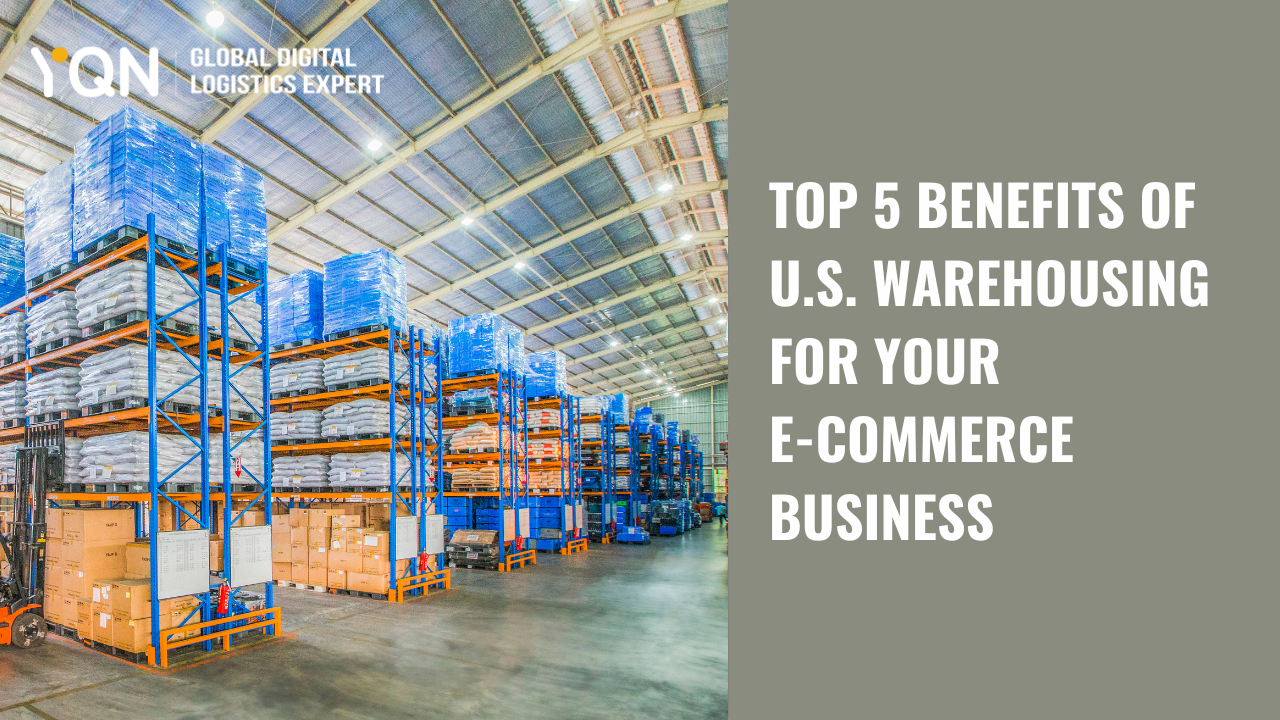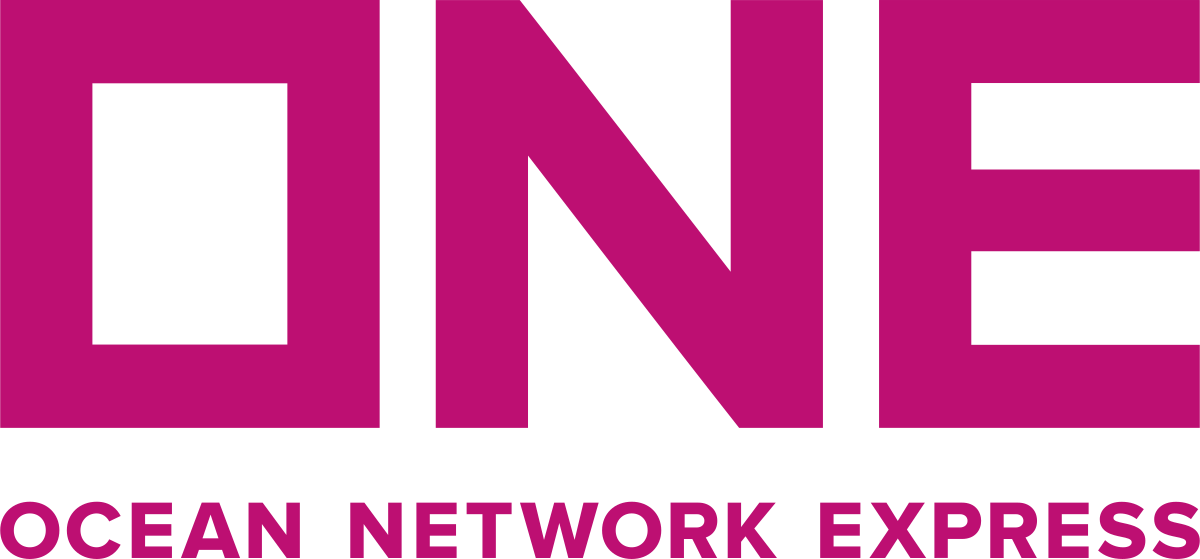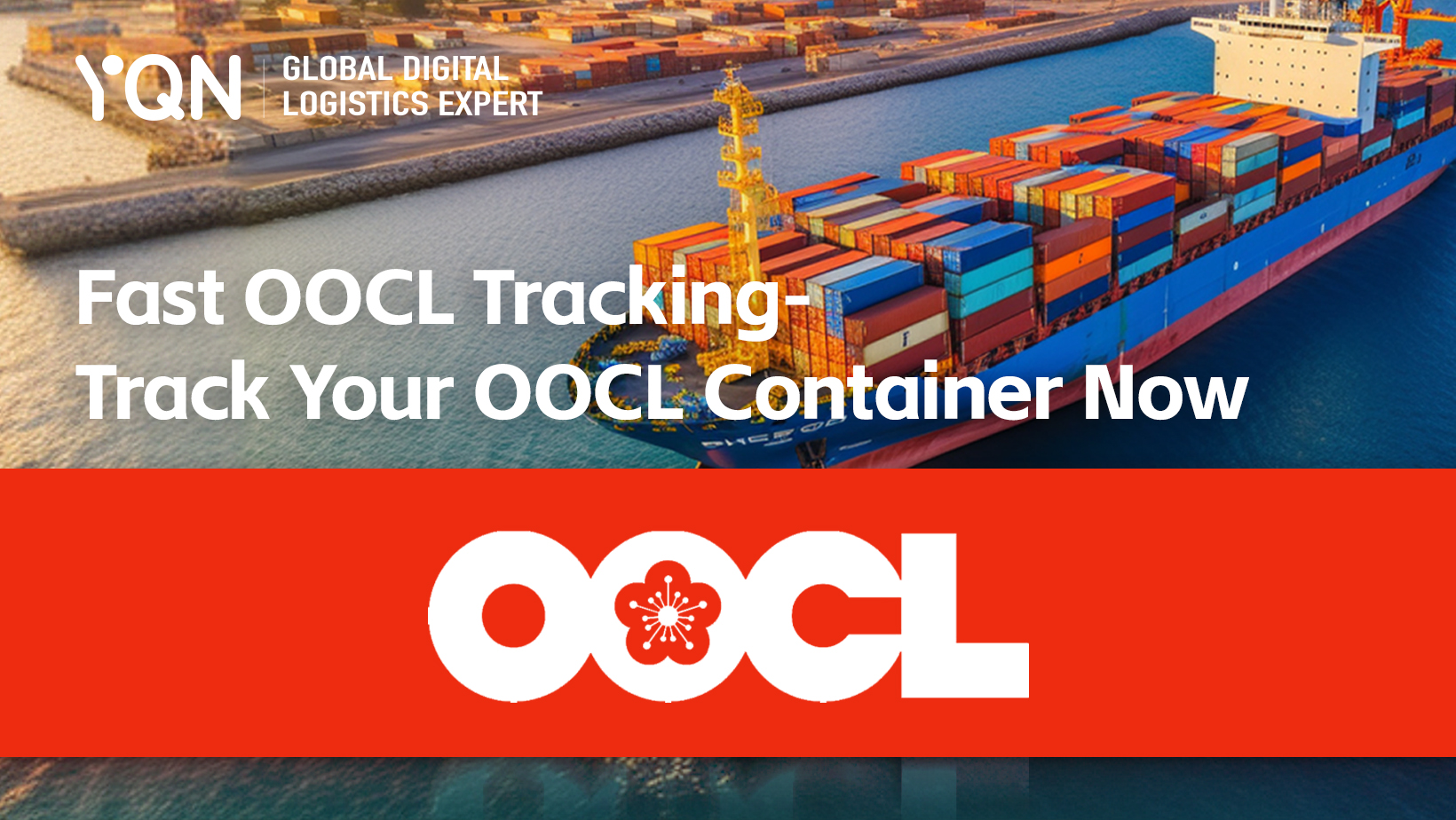Electronic Bill Of Lading-Enhancing Logistics Efficiency
August 19, 2024
In the seek of higher efficiency, electronic bill of lading, also known as E Bill of Lading, Electronic Bill or Digital Bill of Lading, emerges to answer the call for more timely and lower risk document circulation by enhancing transparency and efficiency. Nine leading carriers (MSC/MSK/CMA/HPL/ONE/EMC/HMM/YML/ZIM) have already committed to a total conversion to electronic bill of lading by 2030.
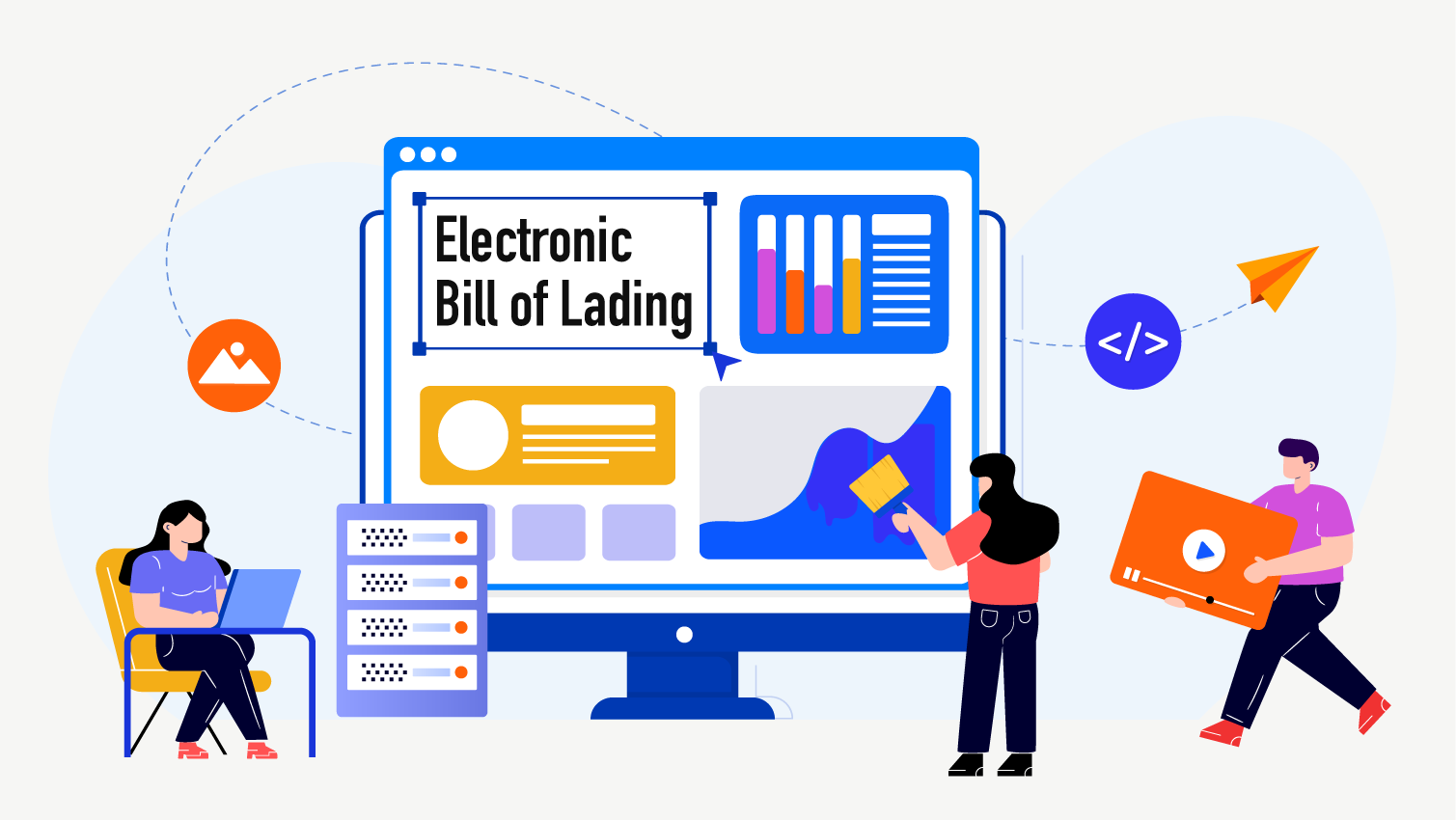
Bill of Lading Basics
Bill of lading is an essential document for the smooth transfer of goods from one party to another and plays an important role in international trade by providing security and assurance to all parties involved in the shipping process. A bill of lading is a legal document issued by the carrier to the shipper.
Parties concerned:
The shipper is the party that supplies the goods being shipped. They are responsible for packing and preparation before shipping. It could be your supplier or it could be your own warehouse/manufacturer.
The freight forwarder is an intermediary between shippers and carriers. For example, the freight forwarder can be YQN, as a representative of the carrier or a contractual carrier, issues bill of lading to the shipper.
The carrier is the party that transports the goods. For example, the carrier can be any other shipping company, transport company or airline carrying the goods.
The consignee is the party appointed to receive the goods. It can be your company, or it can be the manufacturer that uses the parts you ship.
It has 3 main functions:
- As a legal contract between the shipper and the carrier, it outlines the terms and conditions of the transportation of goods.
- As a receipt of goods, it confirms that the carrier has received the cargo in the designated quantity and condition.
- As a title document of the goods, it allows the holder of the document to claim ownership of the goods during transit and upon arrival at the destination.
Information it consists:
The bill of lading contains details about the type and quantity of the goods, the parties involved in the shipment, and the terms of the shipment. After booking with the carrier, the shipper is required to submit the bill of lading replenishment and provide accurate shipping information, based on which the carrier creates the bill of lading.
- BL No.
- Shipper name and address
- Consignee name and address
- Notify party
- Ocean vessel
- Voyage No.
- Port of loading
- Port of discharge
- Description of package and goods
- Incoterms
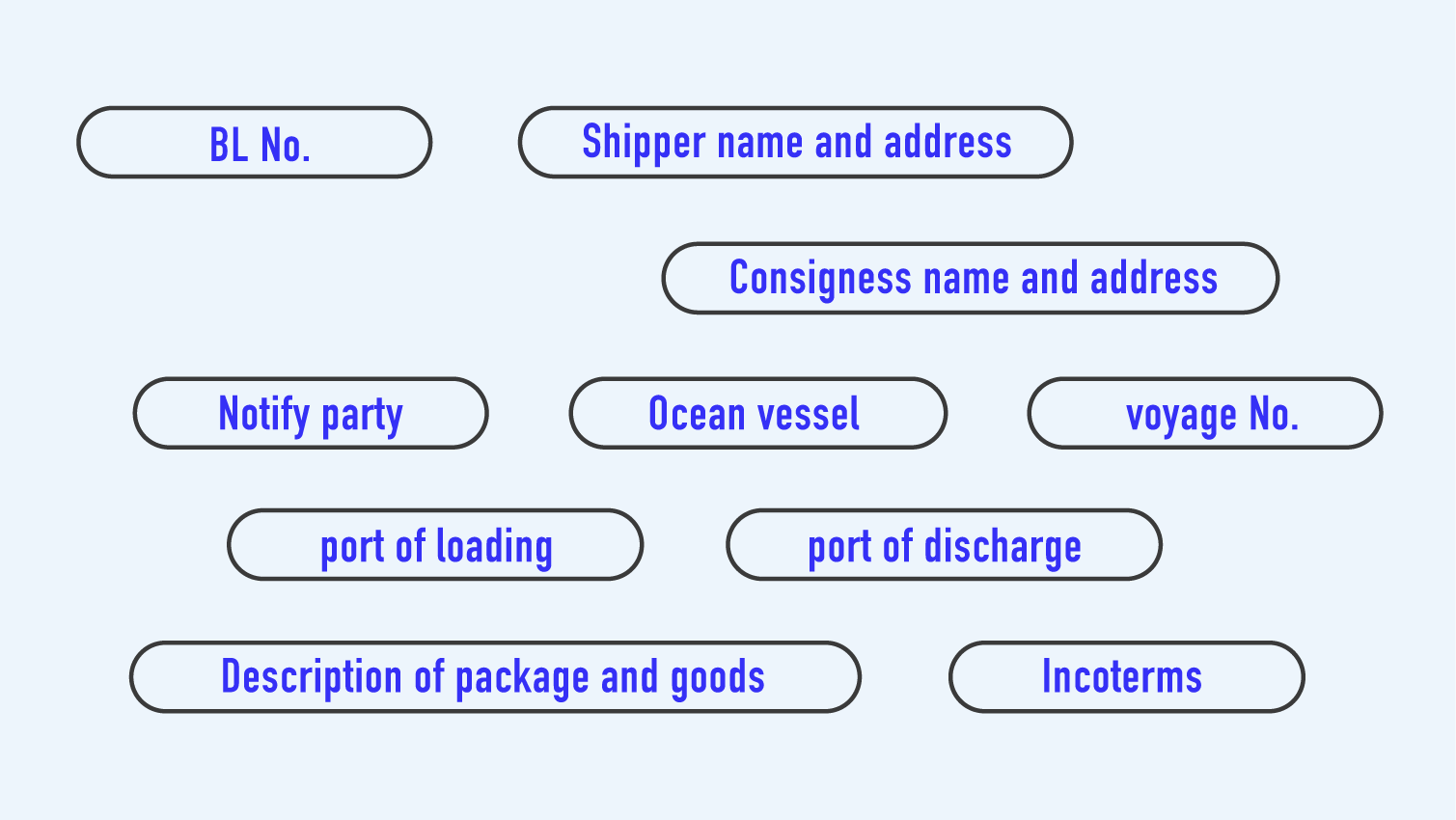
When is it issued:
The bill of lading shall be issued only after the ship has left the port of loading.
Risks:
Physical transmission could cost more time, leading to potential delay or loss.
Easy to forgery. Once lost or stolen could lead to legal or financial issues.
Physical storage and management could be cumbersome, causing potential file loss or damage.
What is Electronic Bill of Lading
An electronic Bill of Lading, or an EB/L, is a widely accepted legal and functional equivalent of a paper bill of lading using electronic methods to transfer. In addition to carrying out the same tasks, it enhances information accuracy, speed, and security. Its transformation process is carried out through electronic data interchange(EDI), email, specialized electronic bill of lading platforms or blockchain technology.
Advantages of Electronic Bill of Lading
- Speeds up document process- reduces the paper processing workload by 50%-65%.
- No need to accommodate time and distance.
- Controlled cargo release upon receipt of payment.
- Avoids disputes or claims on costs or exception handling caused by forgery, fraud, or loss.
- Order change costs only a few minutes, accelerates L/C and document turnaround process.
- No need for physical storage or transportation, leading to reduced administrative costs.
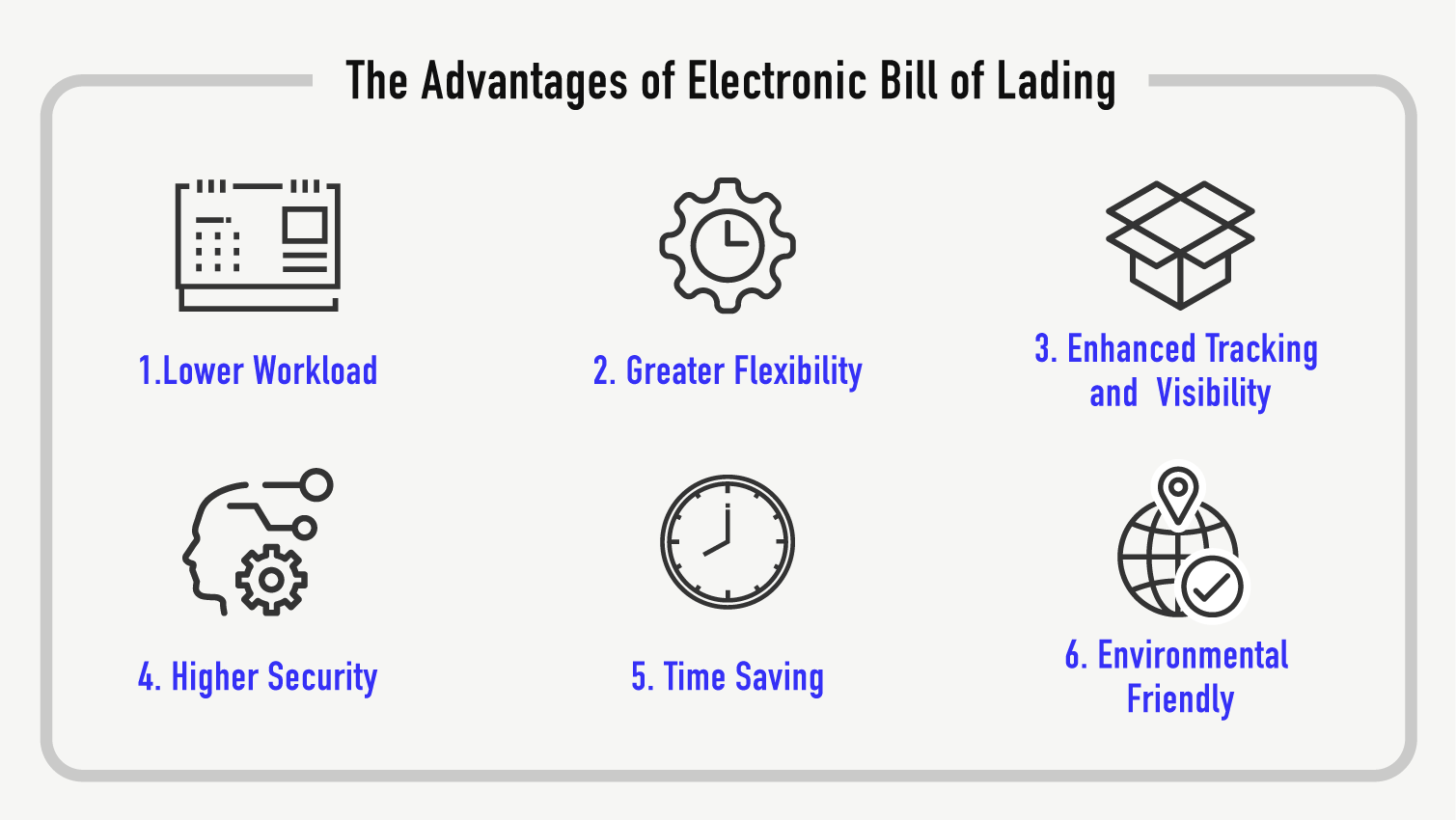
E-B/L on YQN's Platform
A one-year quota of the Wave platform has been settled between YQN and WaveBL. Wave is a digital delivery platform based on blockchain technology, which can provide one-stop multi-owner E-Bill service and aggregate volume to lower single ticket costs.
Shipowners like ZIM/HPL/ONE/MSC are cooperating with Wave, involving 100+ countries and increasing.
Notes on using WaveBL:
- Registration on the WAVE platform is required for all pertinent parties participating in the circulation of Ebills, including carriers, foreign agents, consignees and consignors, and booking agents.
- Applicable only to non-SW MBL from direct booking from shipping companies or registered booking agents (only accepted by MSC so far).
YQN fulfillment teams have completed a detailed training on the use of Wave BL platform, the sales team and route control team have also been updated. Let’s embrace lower costs and higher working efficiency.
---
YQN Operation Team
info@yqn.com



